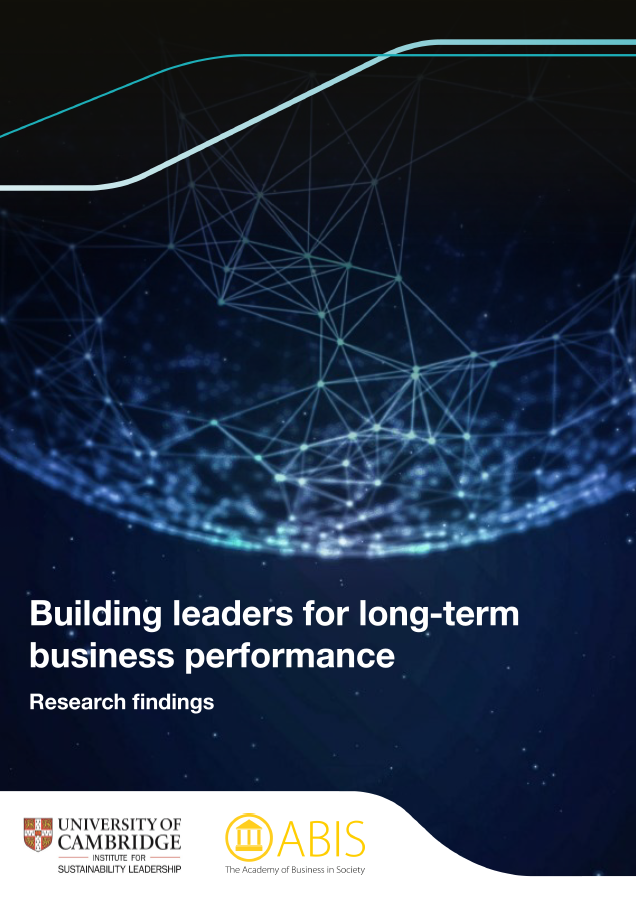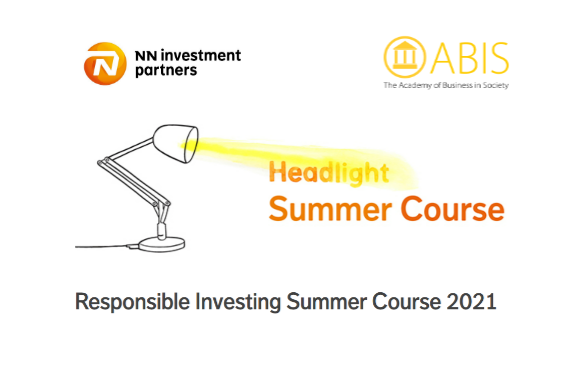
Building leaders for long-term business performance
This report examines how multinational companies are equipping employees with the skills, knowledge and values to grow businesses for the long term. It deepens our understanding of how companies are defining and developing their leadership and talent pipelines in order to thrive in an increasingly complex business environment, while simultaneously contributing to long-term social, environmental and economic goals.
The report, co-developed with the Cambridge Institute for Sustainability Leadership (CISL), identifies that organisations are recognising that their employees need different forms of education in order for the business to achieve better sustainability outcomes.
Our conversations with sustainability directors and individuals responsible for Learning and Development (L&D) or Human Resources (HR) at some of the world’s most progressive organisations, identified that:
- Businesses that have already developed an organisational response to sustainability have realised tangible benefits. Several of our interviewees reported that a strong position on sustainability helped increase employee engagement, attract and retain talent as well as inform approaches to innovation and support with brand and reputation.
- In many cases, interviewees identified that their organisation is missing opportunities from sustainability – citing that employees at all levels did not possess the knowledge and capabilities to yield these benefits – largely because the connection between the sustainability, HR and learning teams is often not strong enough.
- Boards play an important role in catalysing activity on sustainability, yet in many instances, individuals lack adequate knowledge of the new operating context in order to effectively steer the organisation.
- For all the talk about millennials (those born in the 1980s and 90s) in shaping organisational culture and prioritising ‘purpose over paychecks’, our interviewees indicated that this new generation of employees is not coming through in large enough numbers to significantly inform organisational strategy.
- Inherently, it is challenging for employees to reconcile short-term business needs with long-term positioning. In part, this challenge is amplified by a poor understanding of what the future will hold (especially the rate of change), as well as the focus of organisational systems (e.g. bonuses, reporting cycles) that promote short-term behaviour.
Building leaders for long-term business performance closes with specific recommendations for members of HR, L&D and sustainability teams to deliver sustainable business.
Citing this report
Please refer to this business briefing as: University of Cambridge Institute for Sustainability Leadership (CISL). (2017). Building leaders for long-term business performance: Research findings. Cambridge, UK: the Cambridge Institute for Sustainability Leadership.
Building Leaders for Long-Term Business Performance



.png)